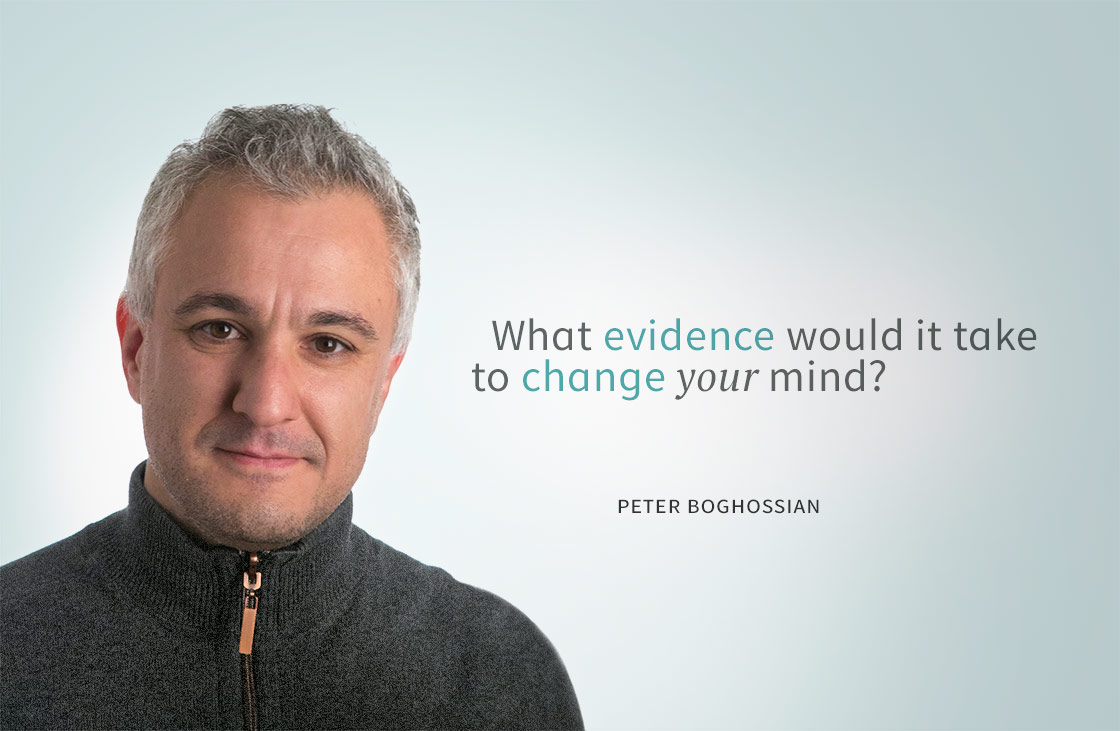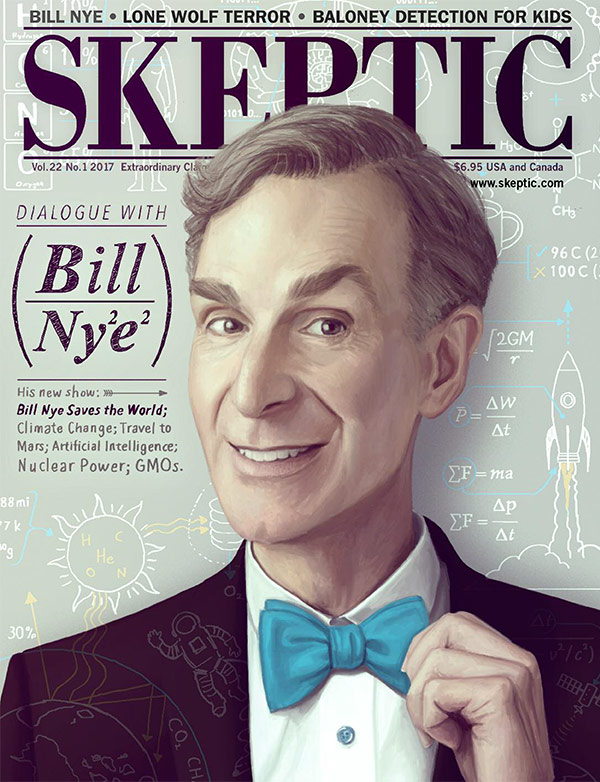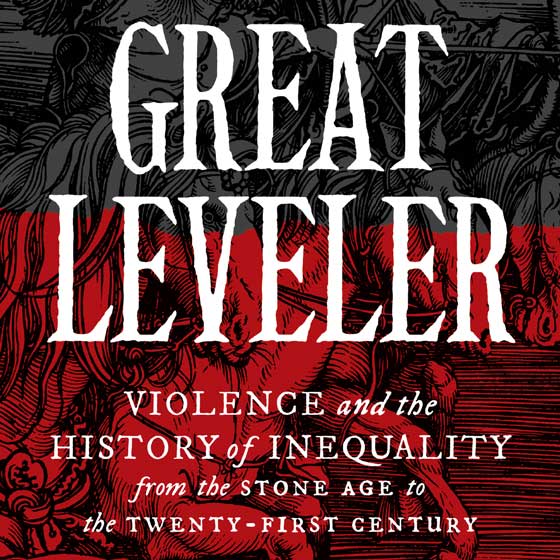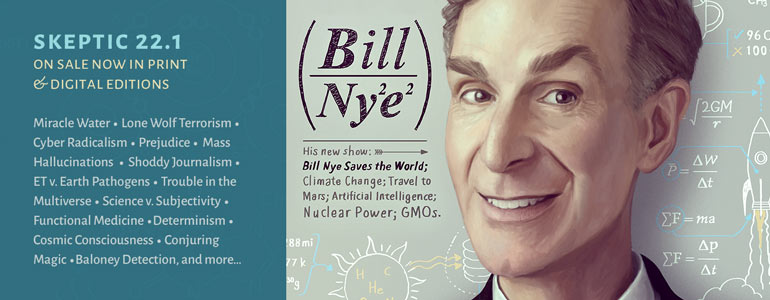In this week’s eSkeptic:
Monster Trek: The Obsessive Search for Bigfoot
MONSTERTALK EPISODE 127
In this episode of MonsterTalk Blake Smith interviews Joe Gisondi, author of Monster Trek: The Obsessive Search for Bigfoot. A journalism professor takes us on a first-hand tour of Bigfoot Hunter culture.

Get the MonsterTalk Podcast App and enjoy the science show about monsters on your handheld devices! Available for iOS, Android, and Windows devices. Subscribe to MonsterTalk for free on iTunes.

What Would it Take to Change Your Mind?
by Peter Boghossian
I’ve been writing about and teaching critical thinking for more than two decades. “Form beliefs on the basis of the evidence,” was my mantra, and I taught tens of thousands of students how to do just that. Why, then did people leave my classroom with the same preposterous beliefs as when they entered—from alternative medicine to alien abductions to Obama being a Muslim? Because I had been doing it wrong.
The problem is that everyone thinks they form their beliefs on the basis of evidence. That’s one of the issues, for example, with fake news. Whether it’s Facebook, Twitter, or just surfing Google, people read and share stories either that they want to believe or that comport with what they already believe—then they point to those stories as evidence for their beliefs. Beliefs are used as evidence for beliefs, with fake news just providing fodder.
Teaching people to formulate beliefs on the basis of evidence may, ironically, trap them in false views of reality. Doing so increases their confidence in the truth of a belief because they think they’re believing as good critical thinkers would, but they’re actually digging themselves into a cognitive sinkhole. The more intelligent one is, the deeper the hole. As Michael Shermer famously stated, “Smarter people are better at rationalizing bad ideas.” That is, smarter people are better at making inferences and using data to support their belief, independent of the truth of that belief. What, then, can we skeptics do? Here’s my recommendation…
SCIENCE SALON #13: JUNE 11 @ 2PM
Dr. Walter Scheidel —The Great Leveler: Violence and the History of Inequality from the Stone Age to the 21st Century

Are mass violence and catastrophes the only forces that can seriously decrease economic inequality? To judge by thousands of years of history, the answer is yes. Tracing the global history of inequality from the Stone Age to today, the Stanford University historian Walter Scheidel shows that inequality never dies peacefully. Inequality declines when carnage and disaster strike and increases when peace and stability return. The Great Leveler is the first book to chart the crucial role of violent shocks in reducing inequality over the full sweep of human history around the world…
Call 1-626-794-3119 to reserve your seats.













